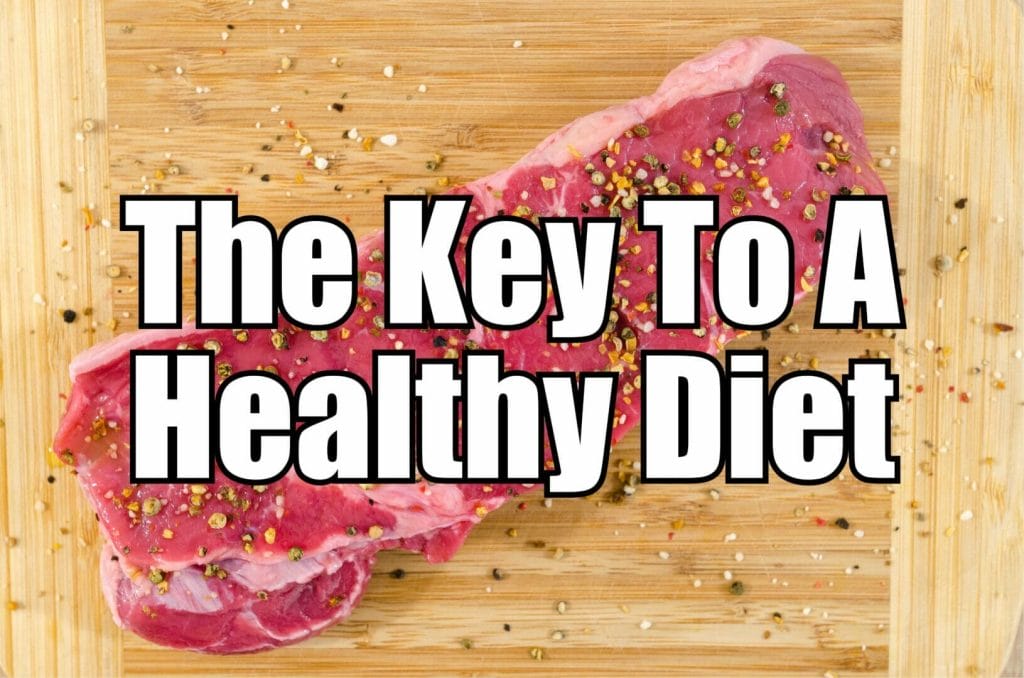If you’ve begun your journey into the world of fitness, chances are you’ve heard a lot about protein. It’s often hailed as a key player in any diet, especially when physical health and fitness are the goals. But why is protein so crucial? Let’s find out.
Understanding Protein For Your Goals
Protein is a macronutrient vital for various bodily functions, and it is composed of smaller units called amino acids. These amino acids are often referred to as the ‘building blocks’ of protein. There are 20 different amino acids, nine of which are considered ‘essential’, meaning your body cannot produce them on its own and you must obtain them from your diet. Protein is instrumental in repairing damaged tissues and building new ones, a process that happens continuously in your body. It is also involved in the creation of enzymes, which catalyze nearly all biochemical reactions within the body, and hormones, which serve as your body’s chemical messengers. Additionally, protein can serve as a backup source of energy when carbohydrates and fats aren’t sufficient.
Protein and Your Health
Protein’s role in your body goes beyond muscle building and repair. Its contribution to the creation of antibodies, which fight off infections and diseases, makes it crucial for a strong and effective immune system. Moreover, protein contributes to the health of your skin, nails, and hair, as these are predominantly made up of a structural protein called keratin. Furthermore, specific amino acids are needed to support brain function, aiding in the production of neurotransmitters like dopamine and serotonin, which influence mood, sleep, and cognitive function.
Protein for Weight Loss
In the context of weight loss, protein has a two-fold advantage. Firstly, it is more satiating than carbohydrates or fats, which means it helps keep feelings of hunger at bay for longer periods. This satiety can lead to a natural reduction in overall calorie intake, which can be beneficial for weight loss. Secondly, protein has a higher thermic effect of food (TEF) compared to other macronutrients. The TEF is the amount of energy your body needs to digest, absorb, and process the nutrients in your food. Since protein requires more energy to metabolize, your body burns more calories digesting proteins than it does digesting carbohydrates or fats.
Protein for Muscle Gain
When it comes to muscle gain, protein is of paramount importance. Muscles are essentially made of protein, and consuming an adequate amount is necessary to compensate for the muscle protein breakdown that occurs during workouts and to stimulate new muscle protein synthesis. When the rate of muscle protein synthesis exceeds the rate of muscle protein breakdown, muscle growth, also known as hypertrophy, occurs. However, it’s important to note that while protein intake is necessary for muscle growth, it must be paired with progressive resistance training for optimal results. If your protein intake is high but you’re not stressing your muscles through strength training, your body will not have the stimulus it needs to build more muscle.
Therefore, consuming the right amount of protein is vital not just for those looking to build muscle, but also for individuals seeking to lose weight or simply maintain a healthy lifestyle.
How To Increase Your Protein Intake
- Start Your Day with Protein: Breakfast is a great opportunity to get a head start on your protein intake for the day. Try including high-protein foods like eggs, Greek yogurt, cottage cheese, or protein shakes.
- Lean Meats and Fish: Incorporate lean meats like chicken, turkey, and lean cuts of beef into your diet. Fish, especially fatty fish like salmon, are also high in protein and offer additional health benefits like heart-healthy omega-3 fatty acids.
- Plant-based Protein: If you’re vegetarian, vegan, or just trying to reduce your meat intake, there are plenty of plant-based proteins to choose from. Lentils, chickpeas, quinoa, tofu, tempeh, and edamame are all excellent sources of protein.
- Protein Snacks: Snack time can also be an opportunity to increase protein intake. Nuts, seeds, cheese, and Greek yogurt are all high in protein and easy to incorporate into your day as a snack.
- Protein Supplements: If you find it hard to meet your protein requirements through food alone, consider adding a protein supplement to your diet. Protein powders can be easily mixed into shakes, smoothies, or even used in cooking and baking.
- Include Protein in Every Meal: Make it a point to include a source of protein in each meal. This will not only ensure you’re consuming enough protein throughout the day, but it can also help keep you satiated and prevent overeating.
- Smart Cooking Methods: Choose cooking methods that don’t reduce the protein content of your food. For example, grilling, broiling, steaming, and baking are all methods that help preserve the protein content of your food.
By incorporating these tips into your daily routine, you should be able to effectively increase your protein intake and better meet your health and fitness goals. Remember, each person’s protein needs are different, and what works best for you may depend on your overall diet, lifestyle, and individual health needs. If you have any concerns or specific dietary needs, speak with one of our coaches to see how we can help!



